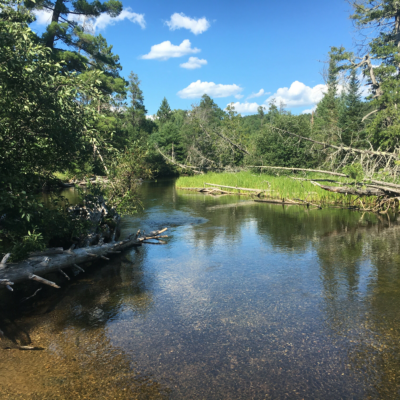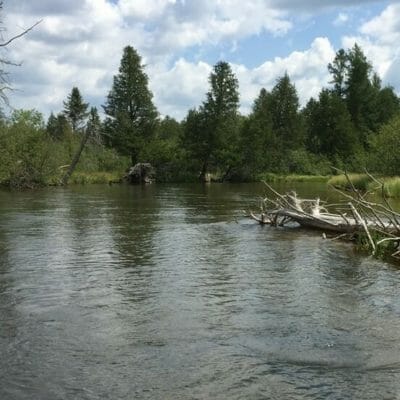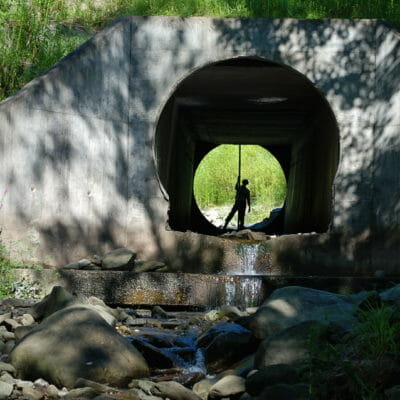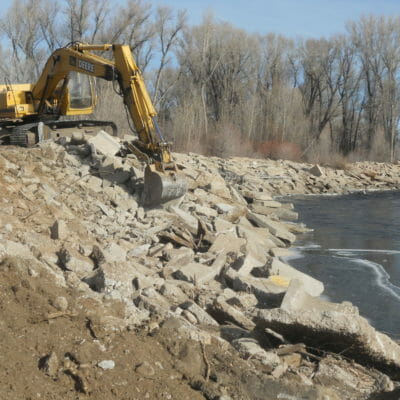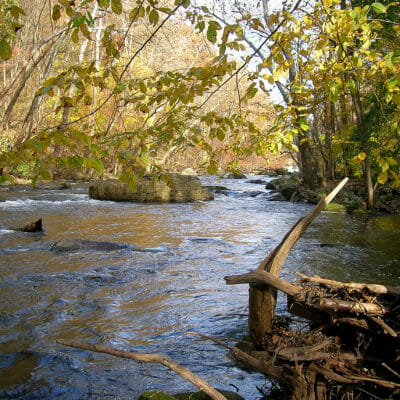Goals The Great Lakes are threatened by invasive species, pollution, and emerging commercial aquaculture proposals, creating a need for state and federal policies that protect the Great Lakes and sustained public funding for Great Lakes restoration efforts. Adding to the challenge, political shifts at state and federal levels have made it more difficult to uphold
Goals: With more than 20 percent of the Earth’s available freshwater flowing through its rivers, streams and lakes, the Great Lakes basin is an unparalleled natural resource. An immense network of coldwater rivers and streams exists, among many other important aquatic ecosystems, providing anglers with a variety of unique opportunities. Whether it is fishing for
Goals The Catskills are known as the birthplace of American fly fishing. Replete with rivers and streams, the area is a destination for many thousands of fisherman and women each year. TU is actively improving a number of trout streams in the Catskills and throughout the southern tier of New York to increase fishing opportunities
Goals In 2013 TU partnered with a landowner to remove a 500-foot section of concrete rip-rap on a popular recreational stretch of the Gunnison River. The armored bank was causing channel incision, and depositing sediment in undesirable locations downstream. Lack of vegetative cover and in-channel refuge increased trout susceptibility to low flows and increased water
The Upper Delaware Watershed is home to many of New Jersey’s best trout fishing waters, including the Musconetcong River. Here TU has removed barriers to aquatic organism passage and strategically restored over 6 miles of habitat in degraded areas to increase available habitat, food, and water quality for trout, especially native brook trout. The success
